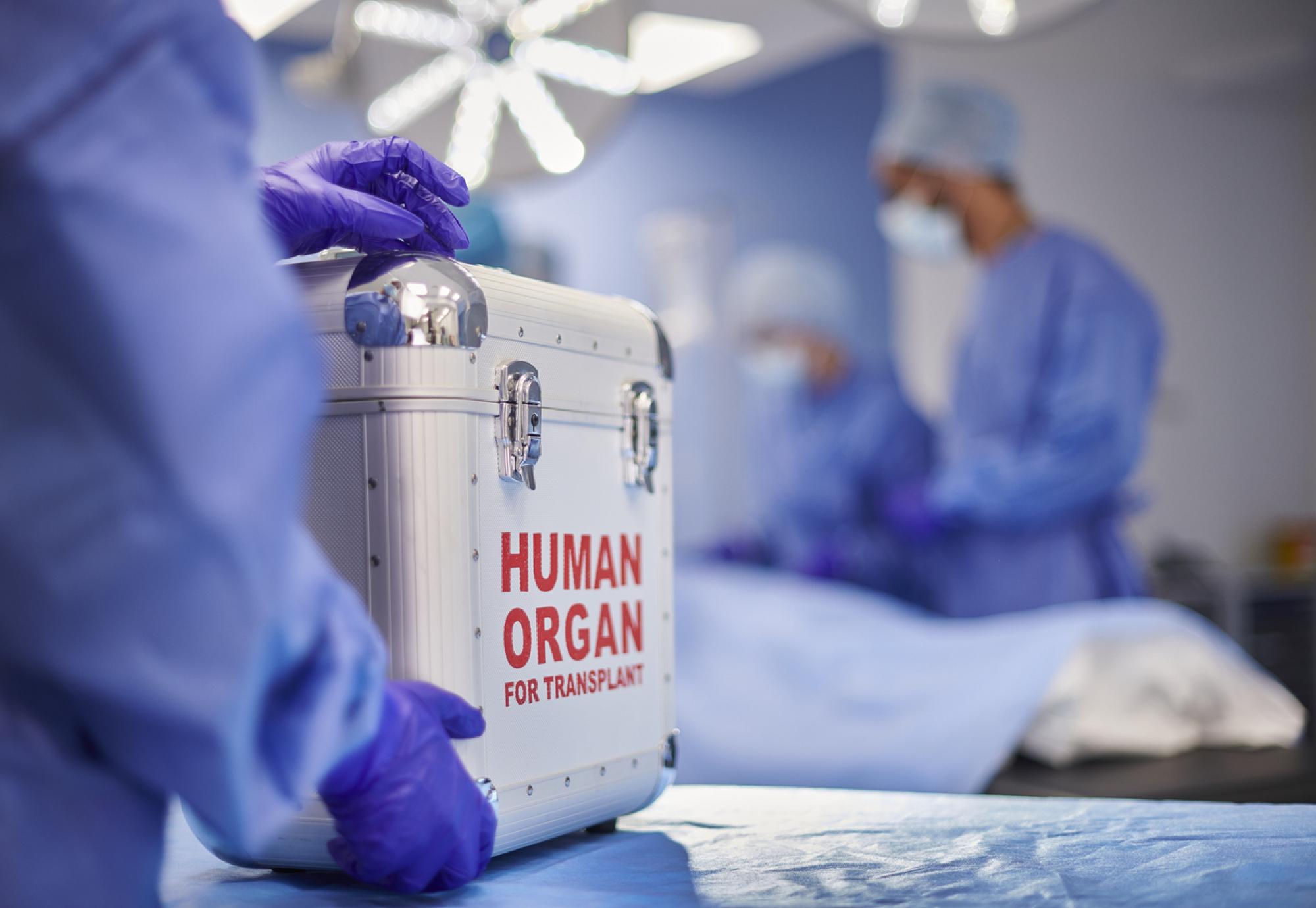A new clinical trial is evaluating the efficacy of a new method of transporting organs which could help improve health outcomes and save more lives.
The study, which is being supported by the National Institute for Health and Care Research (NIHR), will take just over 200 patients and investigate whether a ‘heartbox’ can preserve organs better than the current standard methods.
At the moment, donor hearts are stored at around four degrees in an icebox while they are transported; this preserves the heart for less than four hours, meaning the window of opportunity for clinicians and patients is fairly small.
Some patients who experience complications during their transplant procedures can fall ill and require intensive care after surgery – up to 20% of donor hearts may not function properly.
This new innovation however, helps keep hearts in a better condition by pumping a special solution containing oxygen and nutrients into the heart during its journey to the hospital. This way, the heart uses less oxygen and loses less energy.
The trial is being conducted across 15 sites in Europe, including three sites in the UK. The study is being led nationally by consultant cardiac and heart/lung transplant consultant at University Hospitals Birmingham NHS Foundation Trust, Mr Aaron Ranasinghe.
He said: “It has been wonderful to see the collaborative working between UK and European transplant centres as part of this trial which is extremely important for both the UK and worldwide transplant community.”
The first person to receive a donor heart that was transported using this new method was in Newcastle though. Consultant cardiothoracic surgeon at Newcastle Hospitals, Professor Stephen Clark, is leading the trial in the north east.
He explained: “The trial of this new machine allows us to explore an entirely new method of heart preservation where the heart is kept still, cool and perfused with an oxygenated solution mixed with blood throughout its journey.
“We hope this method helps the heart to function better and be able to be stored for longer than is the case now. Such innovations are vital if we are to save our patients' lives through heart transplants and give them a longer, better quality of life.”
National specialty lead for cardiovascular disease at the NIHR, Professor John Pepper, added: “We hope this [trial] will provide important evidence that can save more lives and improve outcomes for patients’ after surgery.”



















